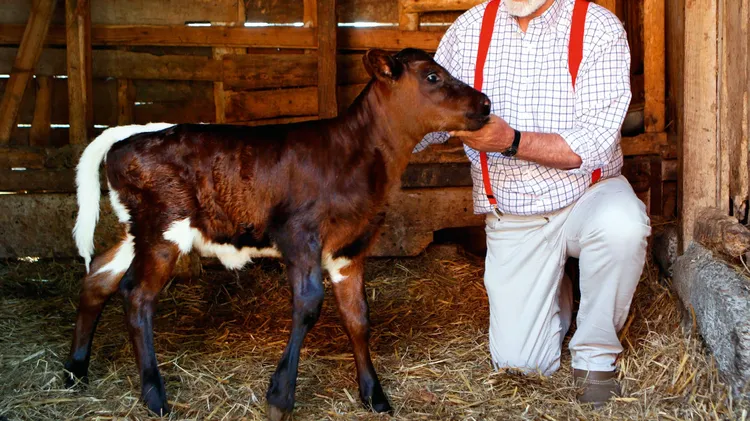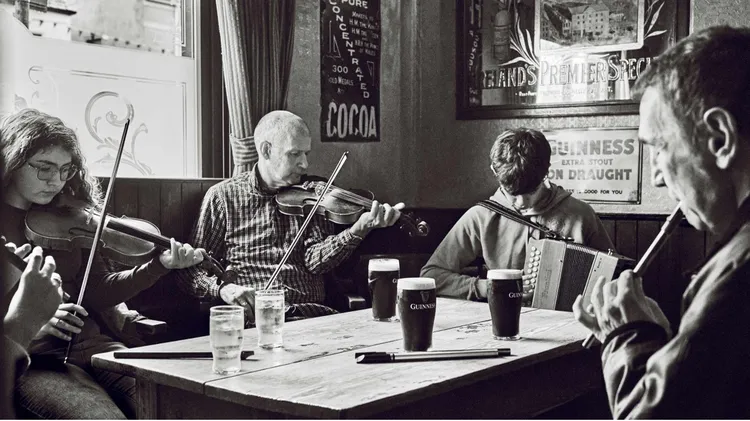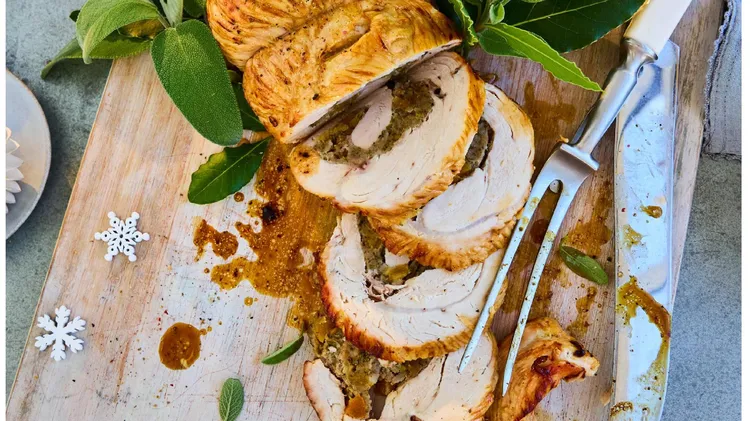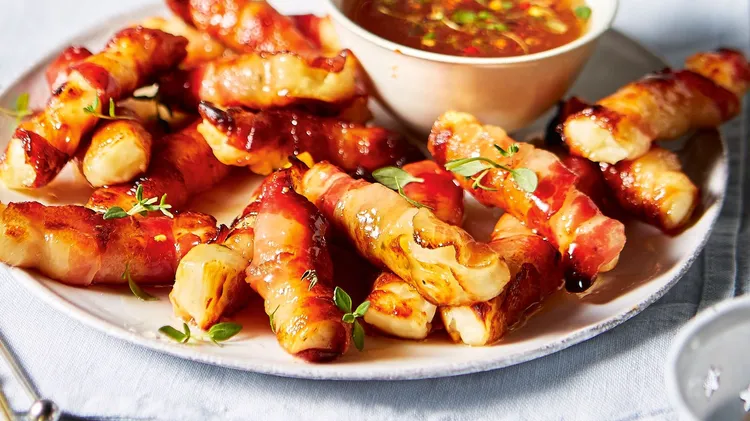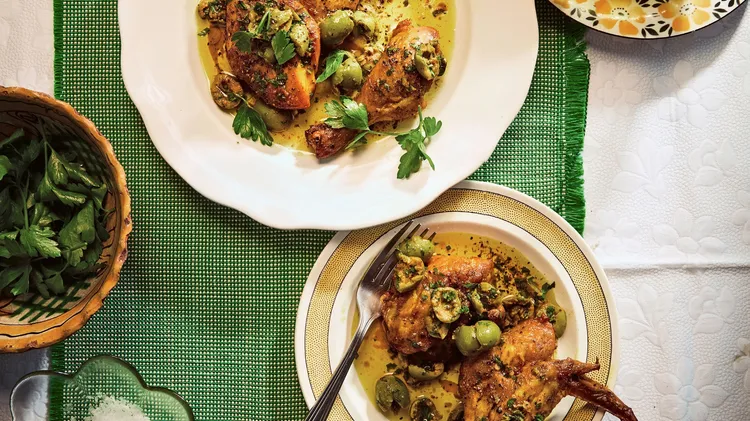It’s revered as the ultimate natural food, but the business of s
A sweet but sticky business
9 min read
This article is from...
Read this article and 8000+ more magazines and newspapers on Readly

